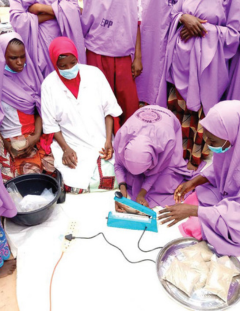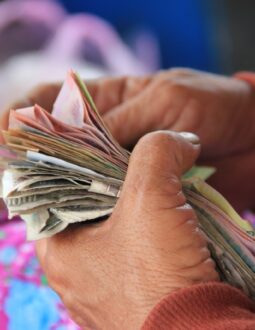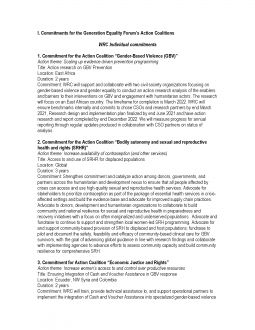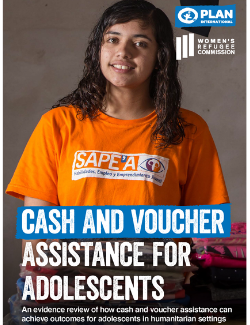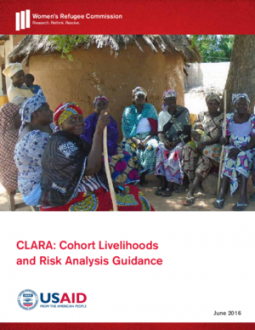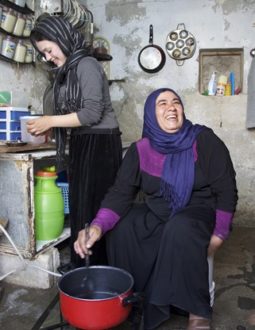
Inclusive Energy Access in Emergencies: Handbook, Tools, and Trainings
PublishedEnergy is a universal right, affecting how people light and power their homes, cook nutritious meals, and operate hospitals and businesses. But safe and reliable access to energy is far from universal. Differences in gender, age, geography, ability, and social groups impact people’s ability to access and use energy, and their safety in doing so. And the impact of these differences is amplified in times of crisis.
This means that a girl living in a refugee camp will face very different risks from the men in her family while collecting firewood or water after dark. And norms around cell phone access can prevent women and girls from accessing critical information amidst natural disasters and displacement. So the ability to access energy, and leverage it for well-being, depends on an individual’s gender, age, ethnicity, ability, and social status.
This handbook, as well as the in-person training and e-training available below, equips humanitarian practitioners with practical knowledge, skills, and tools to improve inclusive energy access in emergencies. They provide a roadmap to address the energy-related needs, safety considerations, and empowerment opportunities that make an immense difference in the lives of women, girls, and other commonly marginalized groups.
These resources were created by the Women’s Refugee Commission and Mercy Corps through the EEMRG program (Energy in Emergencies: Reducing Risks of Gender-based Violence), a two-year program funded by the U.S. Department of State’s Bureau of Population, Refugees and Migration. The program aims to improve safety and opportunities for women and girls through access to energy in emergencies.
Photo credit: Nelson / Mercy Corps / Jordan


